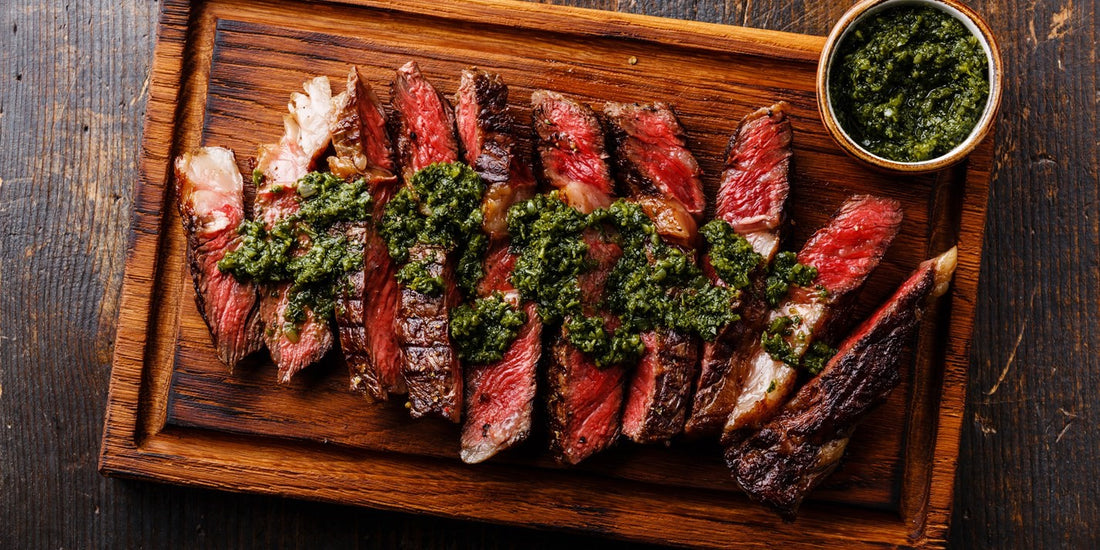Beef is graded based on the degree of tenderness. Beef from younger cattle with excellent marbling is highly valued. Marbling is formed by streaks of white, intermuscular fat that will dissolve during the cooking process, contributing to the tenderness and juicy texture. The FSA assigns different ratings or grades to beef to represent its overall quality. Be aware that FSA’s standard isn’t regulated by law and some retailers may mislead buyers by assigning higher grades for their products. There are some important differences you should know about when it comes to the ratings or grades of beef.
Differences Between Beef Ratings
Prime- prime is the best grade of beef and offered by the leading butcher meat shop in Guildford and high-end steakhouses alike. It’s usually from younger male cattle and identified by its abundant marbling. It is very tender compared to lower grades of beef because more intramuscular fat dissolves and is absorbed by the meat during the cooking process. It takes only basic seasoning (salt and pepper) and a hot pan to get the amazing flavour of prime grade beef.
Choice- choice grade beef is more affordable than prime and has moderate marbling. But there’s a catch, retailers may apply inconsistent standard and cuts with less marbling can be sold as “choice”. Because choice cuts have less intramuscular fat or marbling, it is recommended to baste the meat with some butter just before it’s properly seared. It is recommended to buy from butcher market in Guildford that weed out any cut that doesn’t meet the choice grade standard and be sure to choose butcher deliveries in Guildford to save time and have your order delivered direct to your door.
Select- select grade beef has the least marbling among quality cuts, so these cuts tend to be drier and leaner. When buying a select cut, choose loin, or tender rib sections because they are quite tender. If you get chuck or other tougher cuts, they are more suitable for making stew. Select beef isn’t only drier, but also less flavourful. It’s recommended to marinate select cuts for 30 minutes before grilling or pan searing. Salt breaks up the protein, making tough fibres more tender, so dry marinades work for select meat as well.
Contact G.J. Honour
To learn more, contact G.J. Honour and shop our wide selection of quality meats today.
If you enjoyed this article, please feel free to share it on your favourite social media sites.
